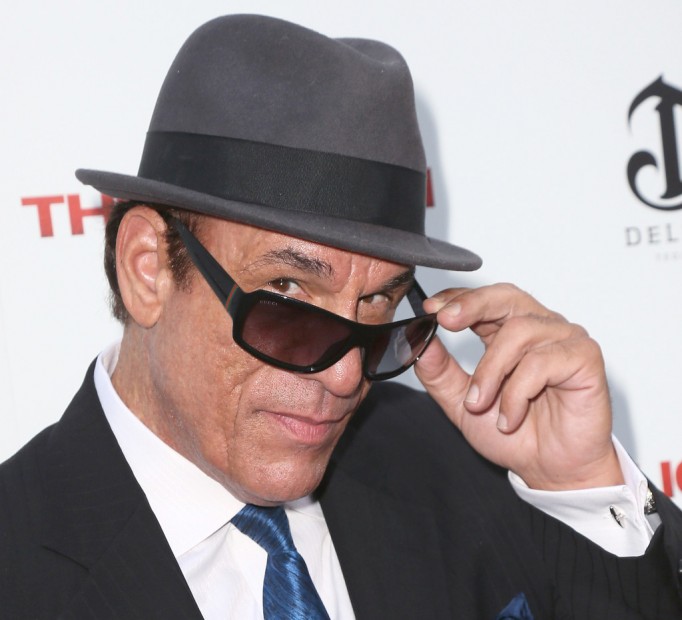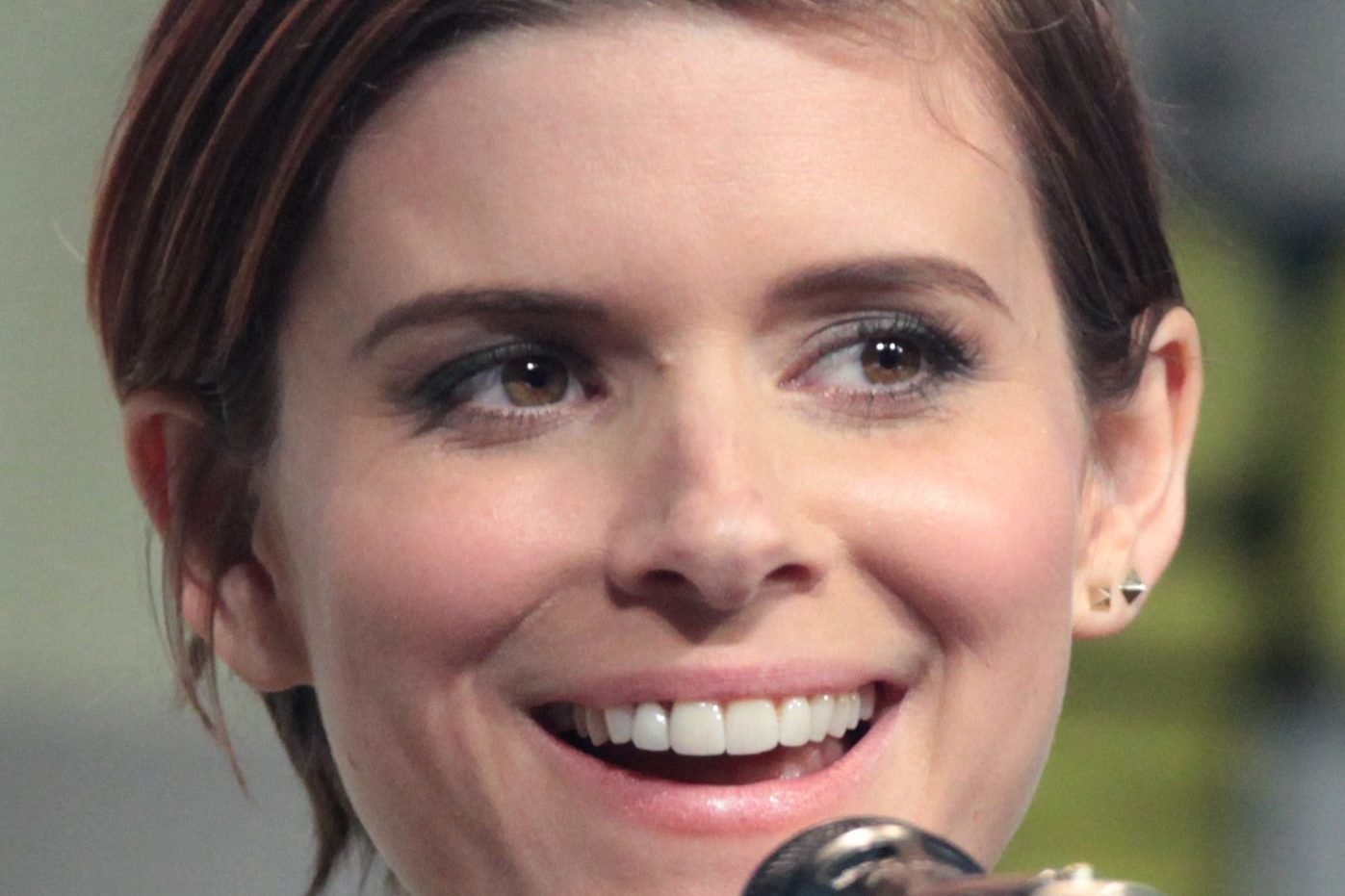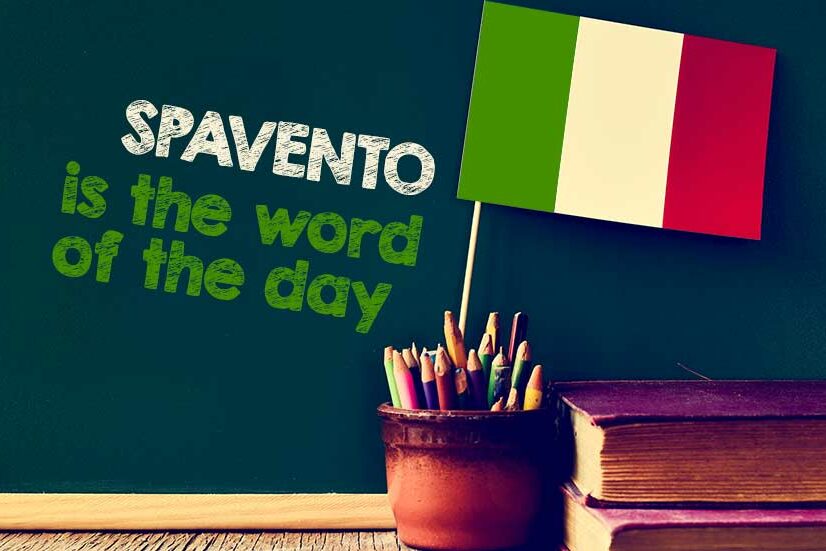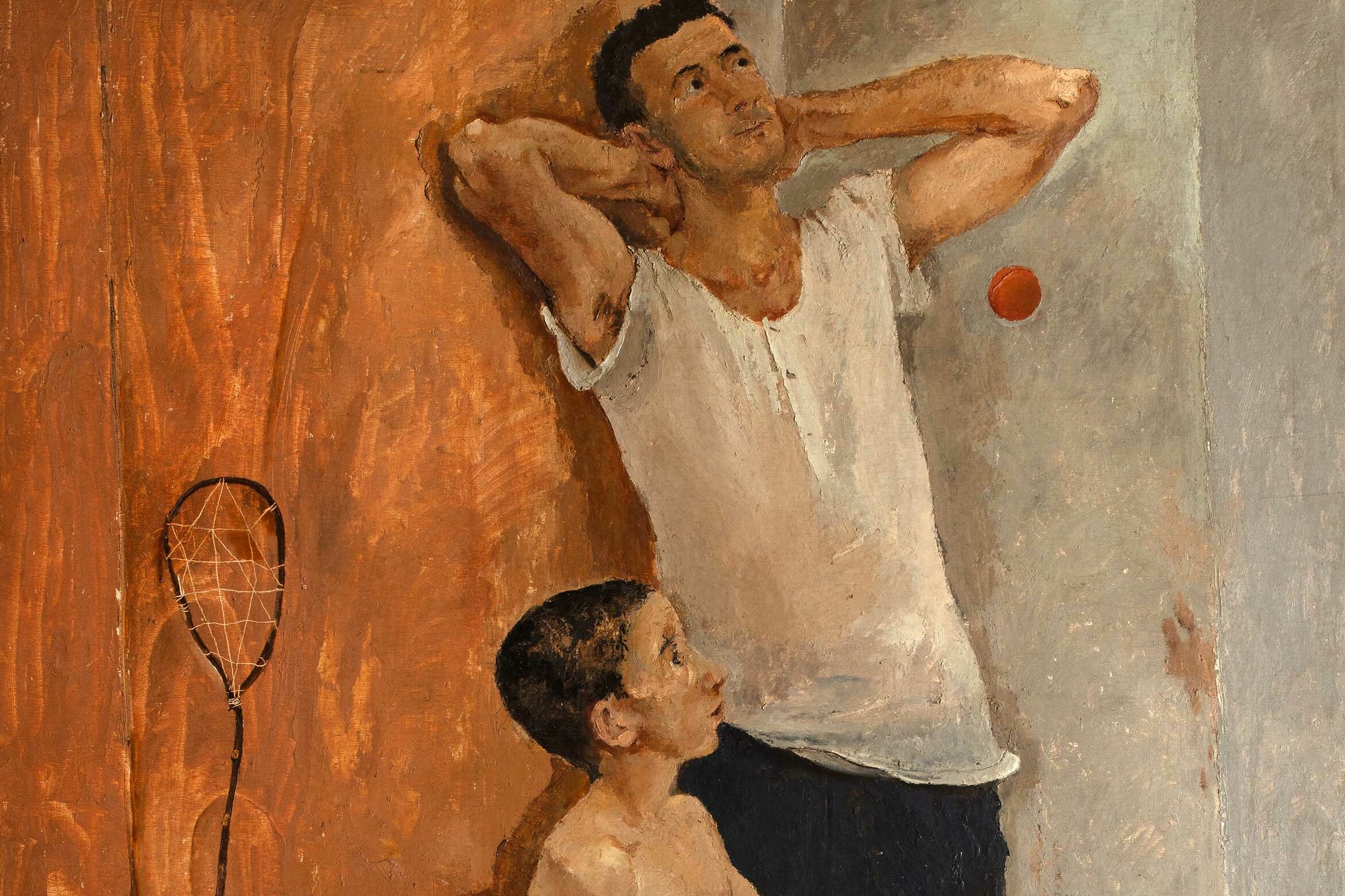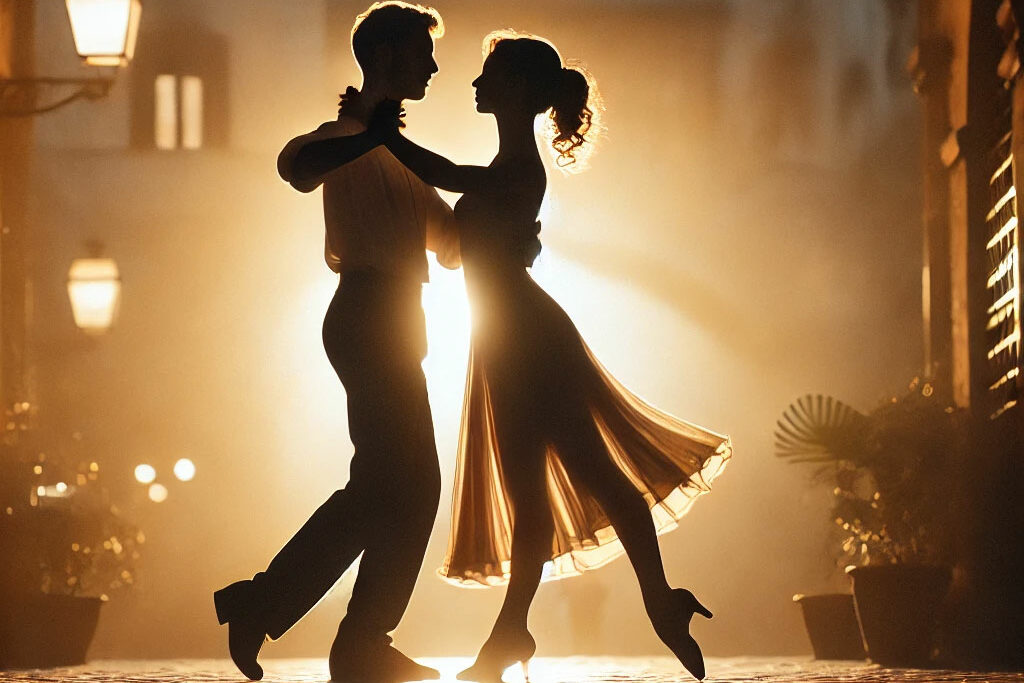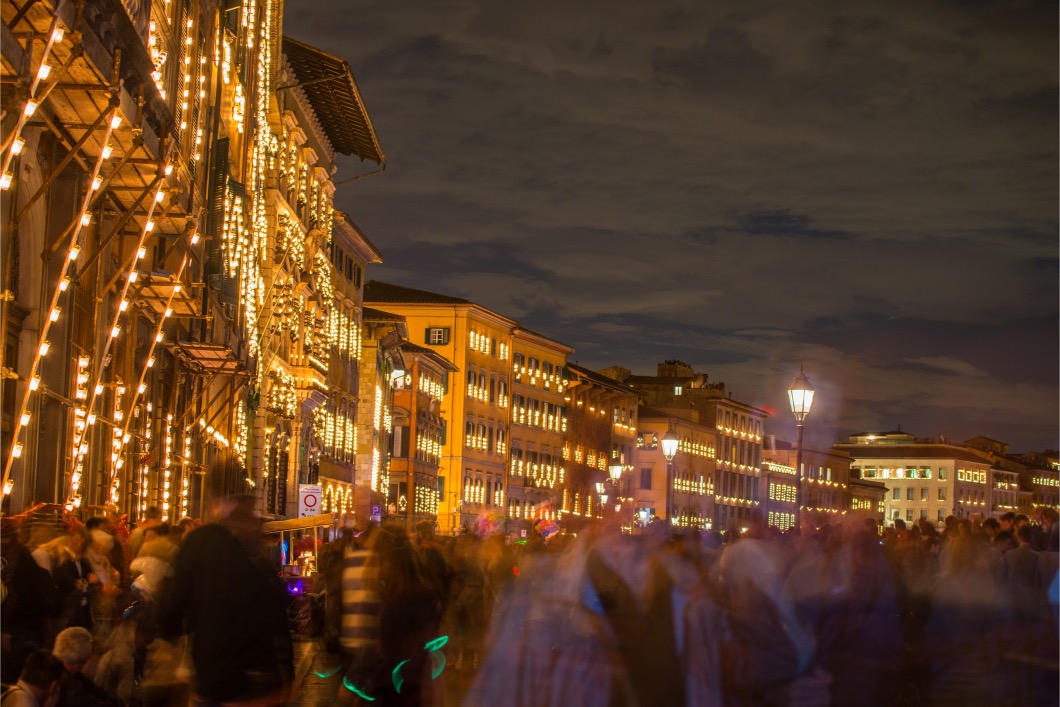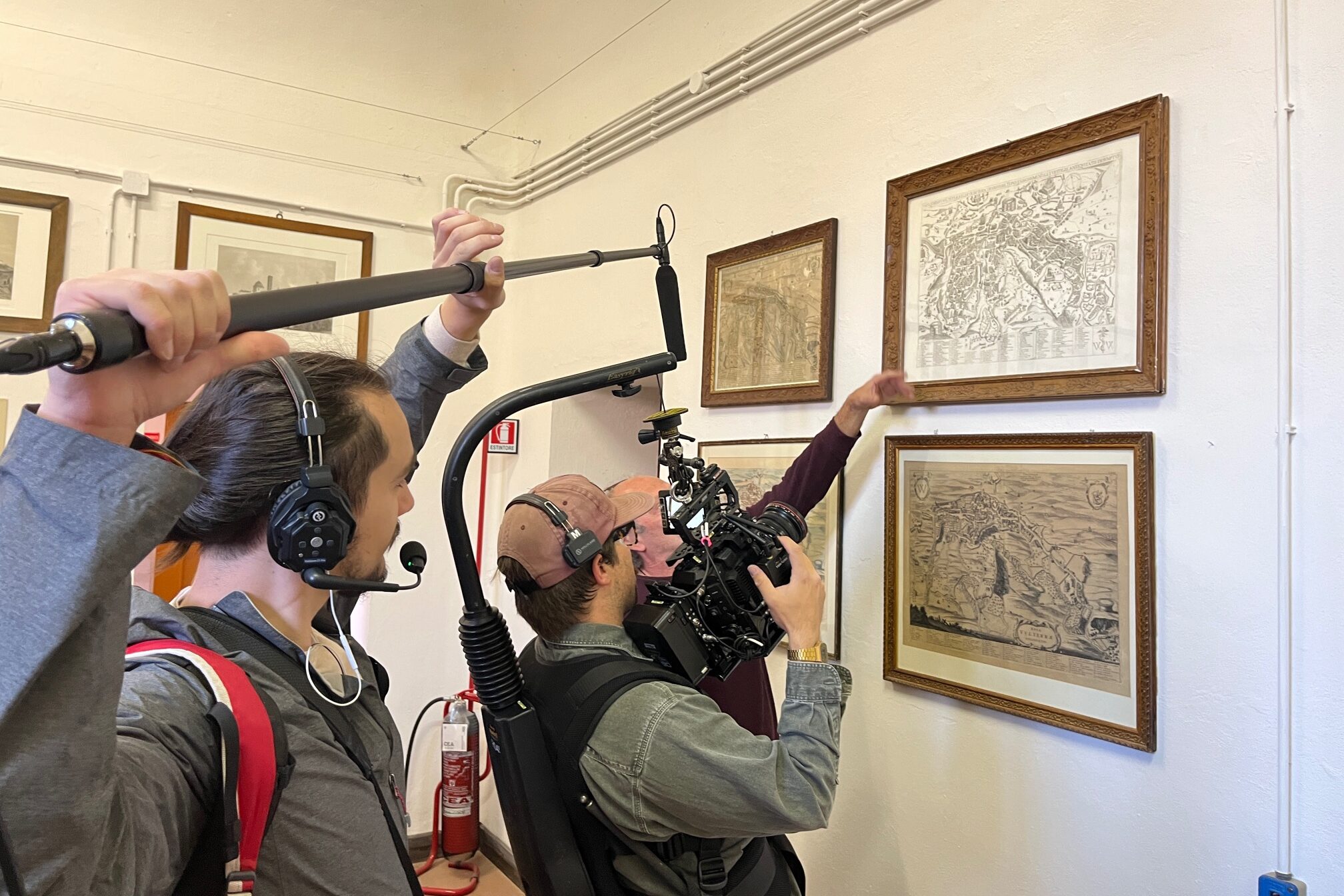For many people who grew up in the eighties Robert Davi will always be one of the Fratelli brothers, the family of crooks terrorizing The Goonies in the eponymous 1985 film; others may remember him as one of the best James Bond villains in 1989 License to Kill. In fact Davi has built a career on bad guys, mobsters and tough guys. In person it can be quite a shock finding him to be one of the nicest people in the industry. Davi was born in Astoria, Queens, New York, to Italian parents.
His mother, Maria Rulli was a first generation Italian-American with roots in Naples and his father, Sal came from Sicily. The old man was a Navy gunner awarded a Purple Heart in World War II, who secretly wanted to be an actor and a singer, and inevitably passed on his aspirations to his son. Growing up Robert learned the importance of paying respect to both his heritage and the land that welcomed his father and which he called home. In the house the family spoke prevalently Italian and Robert’s parents made their own wine stomping grapes; at the same time on every national holiday his father would put on the Navy uniform and raise the American flag in front of the house. In the household there was also deep appreciation for the arts, as a child Robert would stay up late watching movies of the greats Humphrey Bogart or Robert Mitchum on TV.
After attending Seton Hall, a Catholic high school in Patchogue, New York, where his teachers encouraged him towards the arts, Davi was drawn to Hofstra University because of its strong drama department. He would always shine in plays of those early days, not just for his acting abilities but also for his voice. Singing was his true calling, Frank Sinatra being his hero and role model. Davi famously said, “I was raised in an Italian Catholic home. We looked up to two people, the Pope and Frank Sinatra. Not necessarily in that order.” In high school, he was chosen by the New York State School Music Association to audition for the Metropolitan Opera. He didn’t make it, but kept training his voice with top vocal teachers, such as Samuel Margolis and Daniel Ferro of Juilliard and opera star Tito Gobbi in Florence, Italy.
Once back in Manhattan, he went back to studying acting at the famous Actors Studio, where he was coached by legendary Stella Adler and Lee Strasberg. In 1976 the news broke that Frank Sinatra was in town to do a TV movie called Contract on Cherry Street. He begged his agent to get him an audition but was told that Sinatra, who was also a producer on the film, would only hire family and friends. Obdurately, Davi went to the Columbia offices anyway and met with some assistants who gave him hope. If he would have come back the following day with a headshot and resume there might have been still a few roles to fill.
He went back and forth the very same day and got his chance to audition. Not only that, the production liked him and decided to hire him. That would become Davi’s first film and alongside his hero Sinatra no less. Robert spent three months on the shoot over the summer, bonding with the famous singer. It also became the first time Davi set foot in Los Angeles, after principal photography was over the production flew him to Hollywood and put him in the Beverly Hills Hotel for reshoots. It really seemed like all his wildest dreams were coming true. From that point on his career skyrocketed. He was FBI Special Agent Big Johnson in Die Hard and the owner of the topless lounge Al Torres in Showgirls.
He has appeared in over one hundred films and TV shows and in 2007 debuted behind the camera with The Dukes, a passion project which featured his friend Chazz Palminteri; a tale about members of a once successful doo-wop group who years later try to revitalize their career in desperate ways.
Having reached the public with his films, in recent years Davi went back to his first love, singing. The decision came from the positive response towards his performance in The Dukes, which had him singing the final number. He then did a recording of Sinatra’s songs titled Davi Sings Sinatra – On The Road To Romance. The album, produced by the legendary Phil Ramone, proved successful and made the Billboard magazine’s top ten traditional jazz chart. Davi consequently spent six months at the Venetian in Las Vegas performing the Great American Songbook, launching a new career as a modern crooner. Part of the success is due to Davi not doing an impersonation but rather an honest and personal tribute to the musical legend that Sinatra was and what he represented for him and the Italian-American community, “He provided to the immigrant population an identity and dignity that hadn’t been there before.”
